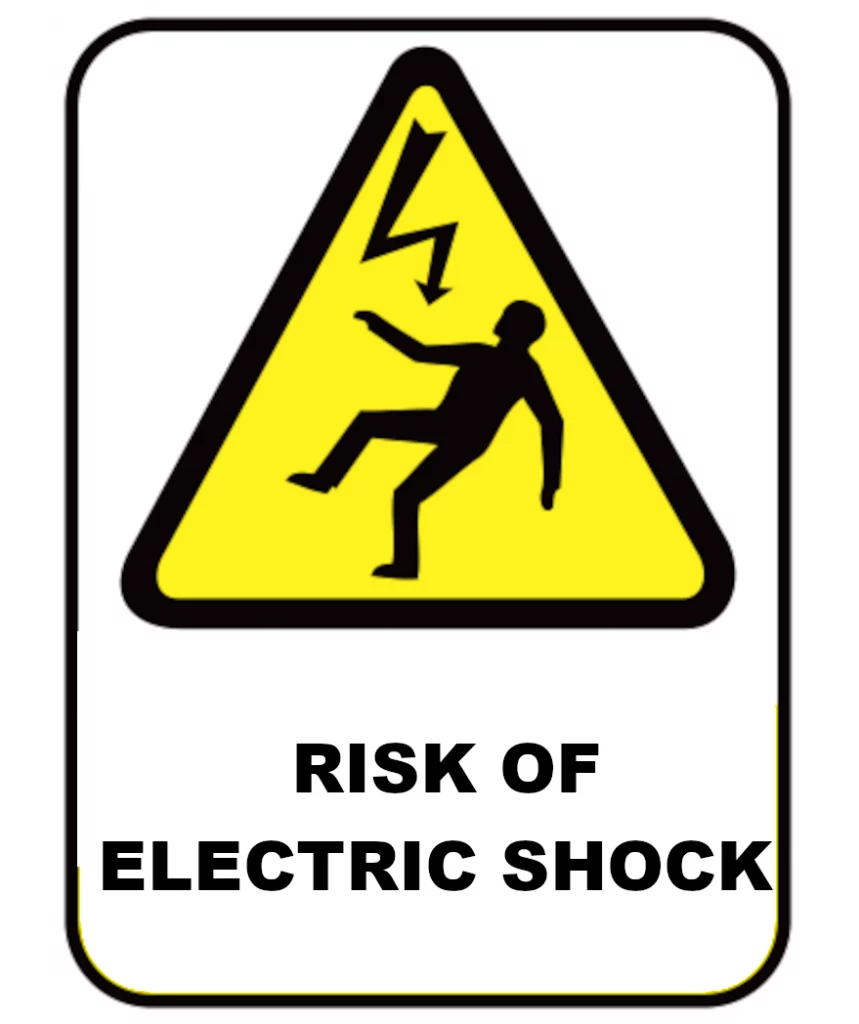Electricity is one of the most essential inventions in modern times. Whether at home or in the workplace, electricity is normally used. Life of the modern man will not be complete without electricity.
The danger of electricity as proven by statistics has caused about 1000 fatalities per year worldwide for the past 15 years. Despite the safety incorporated into the design of electrical equipment and the presence of safety regulations governing use of electricity, user knowledge is still essential on the proper use of electrical appliances and machines. This knowledge will also help the medical practitioner in diagnosing and treating victims of electrical related accidents.
Effects of Electrical Current
Although, electricity damage is indicated by the destruction of skin tissue at the contact location, the more detrimental effect of electric shock is due to the current passing though the body particularly on the nervous system.
| Current, Ampere | Effects |
|---|---|
| < 0.001 | Generally not perceptible |
| 0.001 | Faint tingle |
| 0.005 | slight shock felt. Not painful but disturbing. Average individual can let go. Strong involuntary reactions can lead to other injuries. |
| 0.006 to 0.025 (women) | Painful shocks. Loss of muscle control. |
| 0.009 to 0.030 (men) | The freezing current or "let go" range. If extensor muscles are excited by shock, the person may be thrown away from the power source. Individuals cannot let go. Strong involuntary reactions can lead to other injuries. |
| 0.50 to 0.150 | Extreme pain, respiratory arrest, severe muscle reactions. Death is possible. |
| 1.0 to 4.3 | Rhythmic pumping action of the heart ceases. Muscular contraction and nerve damage occur; death is likely. |
| 10.0 | Cardiac arrest, severe burns, death is probable. |
Some safety tips:
- Only use plugs suitable for the outlet.
- Ensure that electrical connections are tight.
- Check that the wire insulation is in good condition.
- Use extension cords only when necessary and only if they are rated for the application.
- Use waterproof cords outdoors.
- Follow manufacturer's instructions.
- Leave electrical repairs to licensed electricians.
- Do not overload outlets.
- Do not place cords near heat or water.
- Do not run cords in areas where they can be damaged.
- Avoid touching anything electric with wet hands.
- Do not use temporary wiring in place of permanent wiring.
